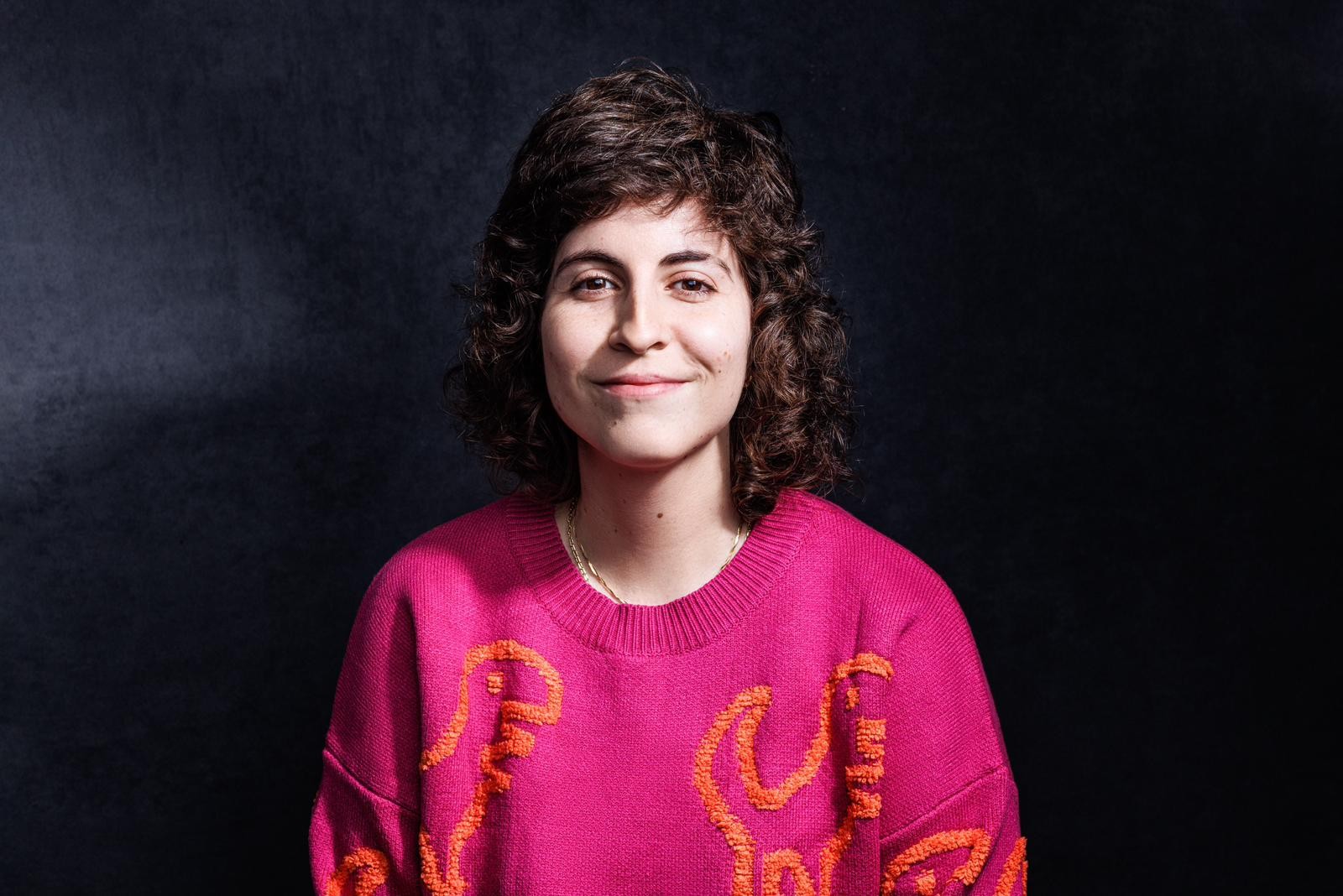We caught up with the brilliant and insightful Camila Franco Ribeiro Gomide a few weeks ago and have shared our conversation below.
Camila, thanks for taking the time to share your stories with us today Can you take us back in time to the first dollar you earned as a creative – how did it happen? What’s the story?
In my opinion, the first job is always the most important one. It takes one person to believe in your craft to set the record and pattern for future hires. If you perform well, your name starts to travel in circles you were not aware of and your career can get started just like that… That’s how mine did. In the summer of 2018 Imani Leigh, director/editor, trusted me to work as a sound mixer on her short film “We Be The Same” and I haven’t looked back since. I like to think that if I continue to treat every job as my first one, an important piece of my history as a worker and an opportunity to prove myself, I will continue working. Don’t get me wrong, being a freelancer can be scary at times, but if you trust the work you deliver and you’re able to communicate with others, the phone will continue to ring.

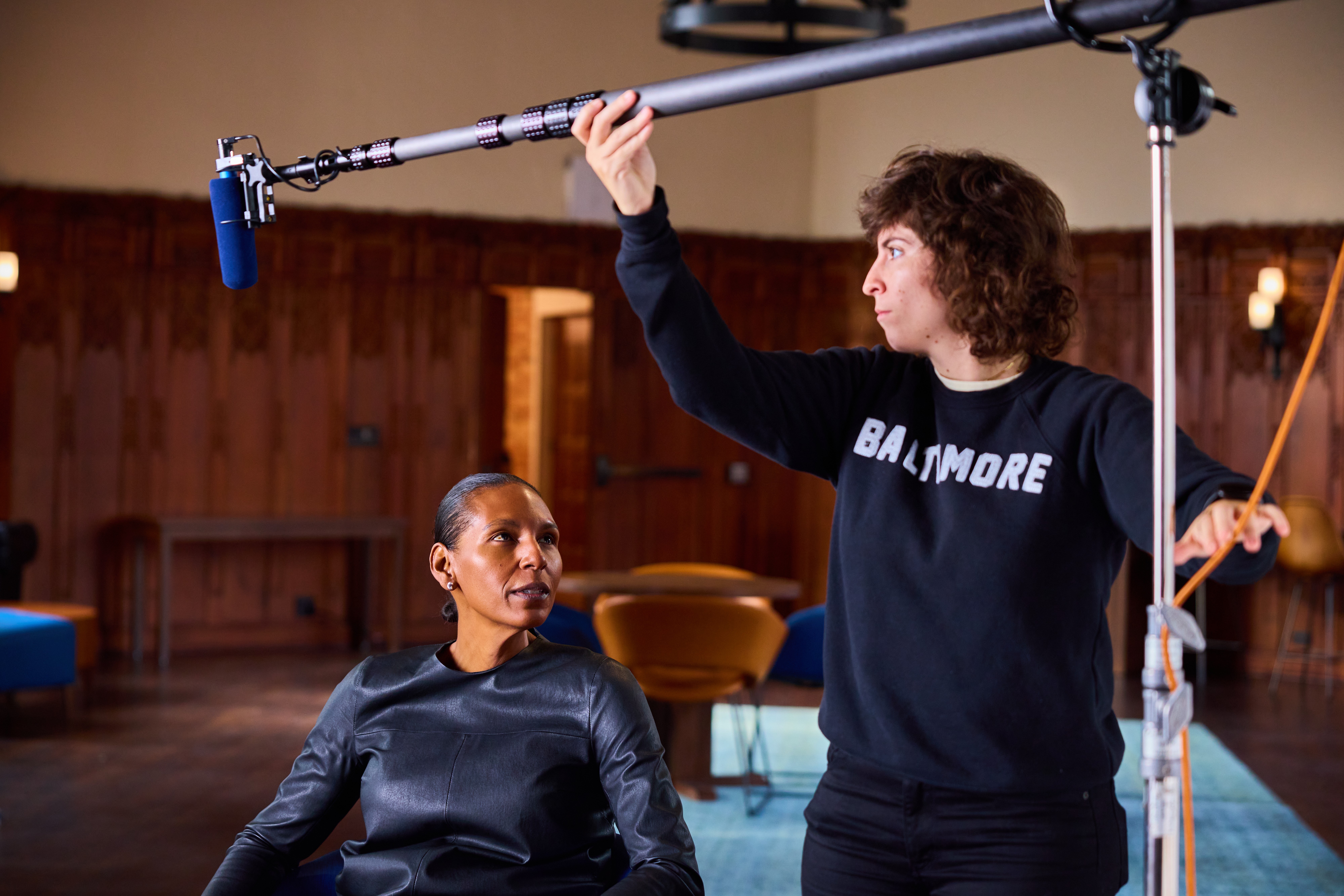
As always, we appreciate you sharing your insights and we’ve got a few more questions for you, but before we get to all of that can you take a minute to introduce yourself and give our readers some of your back background and context?
My name is Camila Franco Ribeiro Gomide and I was born and raised in Ilhéus, Bahia, Brazil. I am a proud Baiana through and through and I work as a sound mixer for film and television out of Baltimore, MD. I absolutely love what I do and very much enjoy connecting with other filmmakers and creatives through my job. I first got into the industry in graduate school; I had a background in music and podcast editing and the film students needed someone to record audio for their films… I’ve been doing it full-time ever since!
I think one of the toughest issues I run into frequently is the fact that as much as everyone loves a good sounding film, on set, we often take the backseat. Part of the job is to be able to work around the other departments and sometimes that can be difficult. A lot of people in this industry like to think of filmmaking as a visual medium, but I disagree… It’s a sensory one.
I am most proud of returning clients and colleagues who trust me to replace them when emergencies come up. People come back when the work speaks for itself!
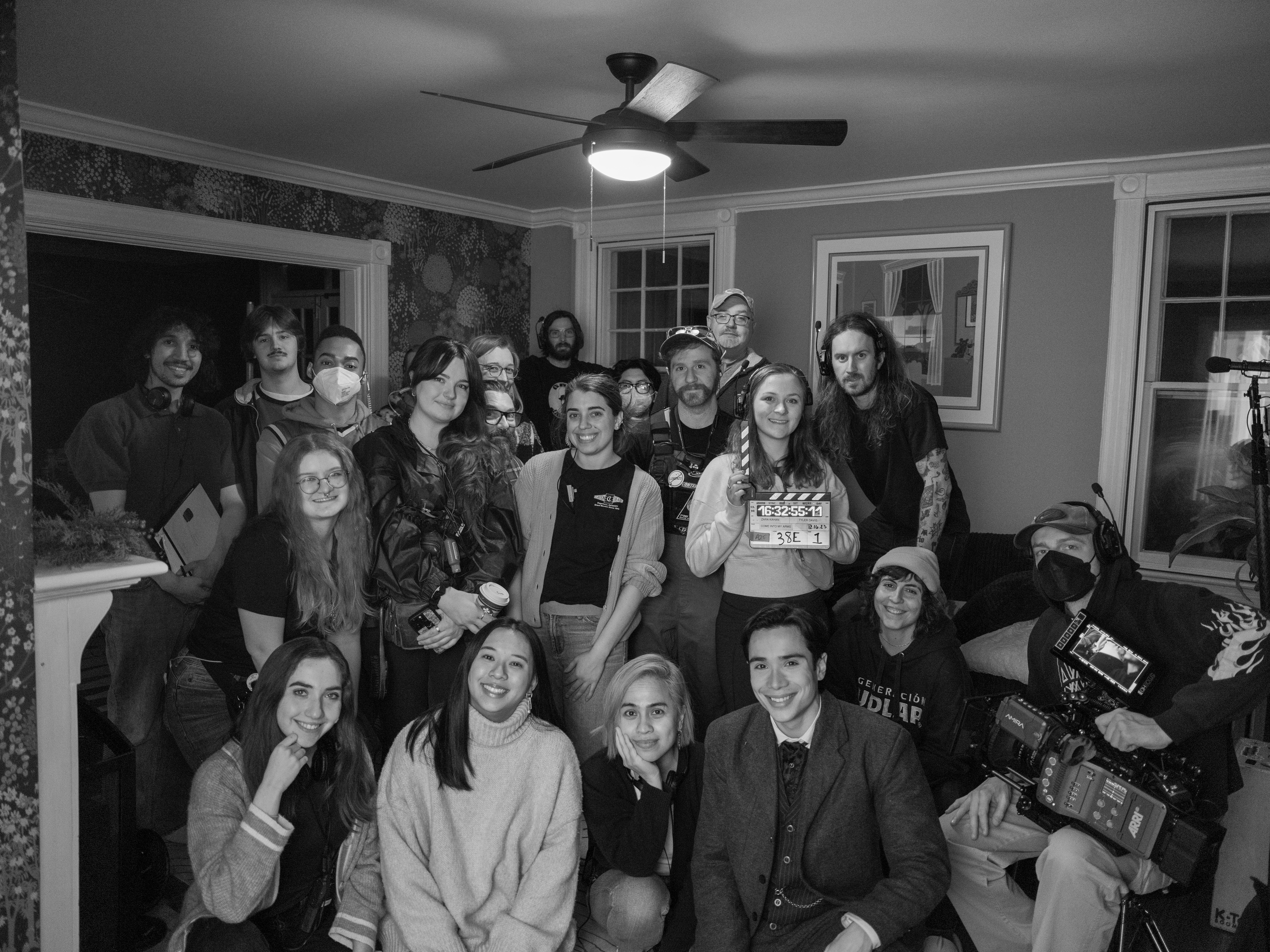
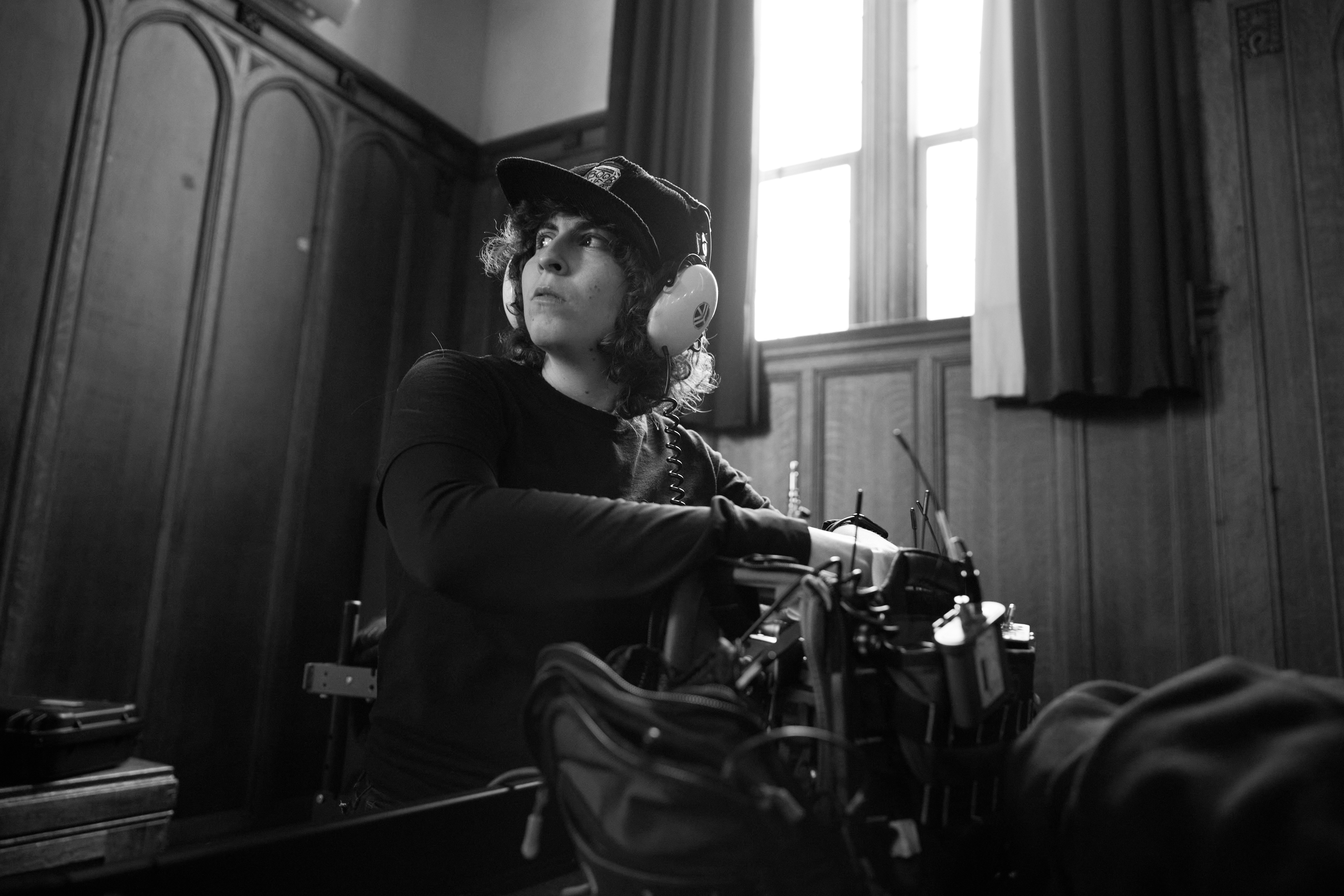
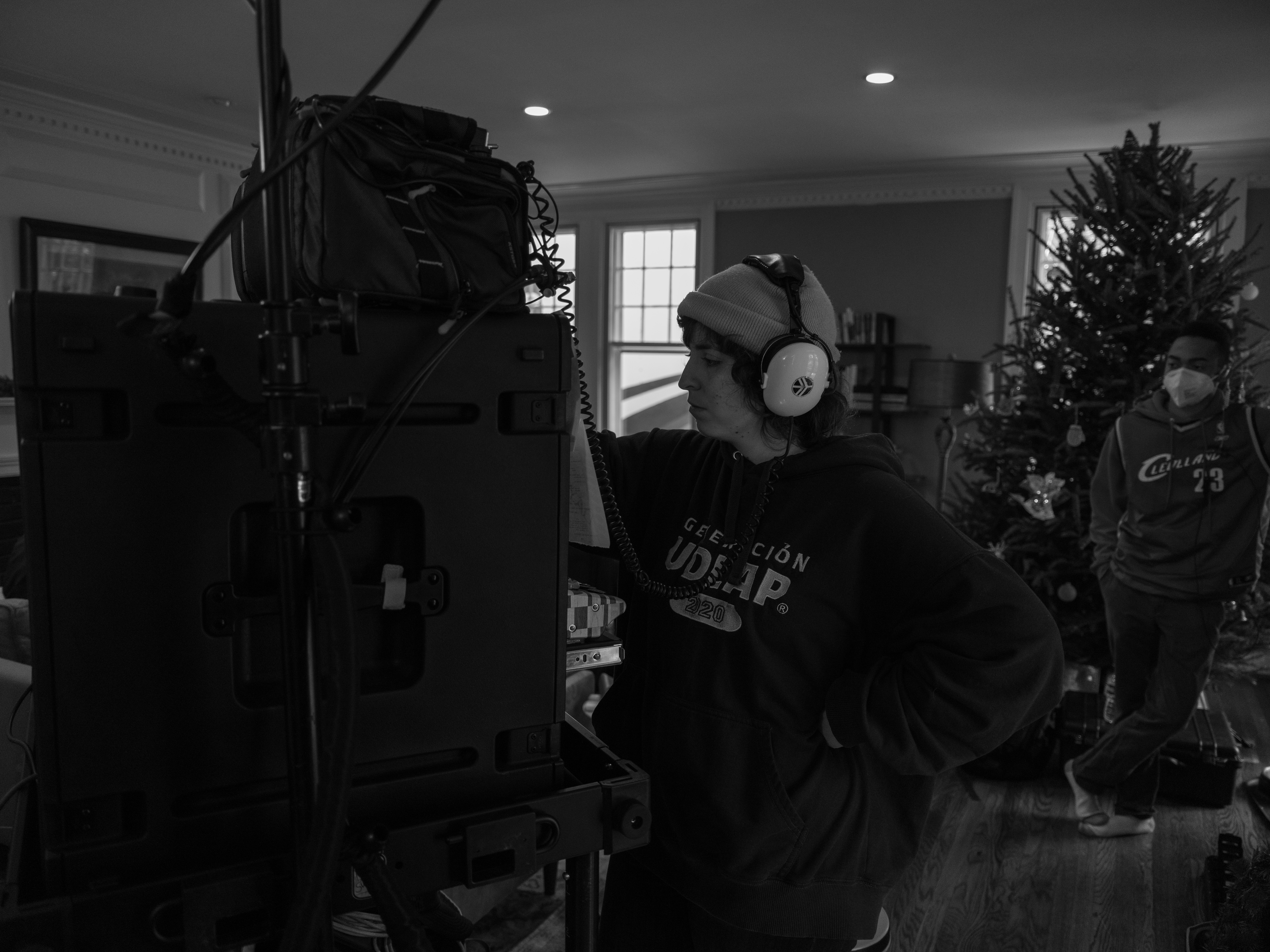
In your view, what can society to do to best support artists, creatives and a thriving creative ecosystem?
Two words: pay them. The idea of the starving artist is outdated… Most people living in today’s world, unless in a very remote place, has to pay bills. Artists shouldn’t have to bend over backwards to pay their bills and neither should they be famous in order to not hurt financially. And if you can’t support them financially or are not interested in their work on your walls, share it online! Maybe that piece that you don’t like turns out to be someone else’s favorite piece of art.
Are there any resources you wish you knew about earlier in your creative journey?
Honestly? Communication. It’s a cliche and I’m sure everyone has heard it again and again, but networking is key. I don’t mean communication as in selling yourself because the work has and will speak for itself, but your ability to communicate what you can and cannot do is a must. Specially when communicating with people who are unfamiliar with what you do or don’t necessarily have a technical background.
Contact Info:
- Website: www.camilagomide.com
- Instagram: @camilafrgomide
- Linkedin: https://www.linkedin.com/in/camila-franco-ribeiro-gomide-35a028134
Image Credits
Othello Banaci Karsten Spencer


